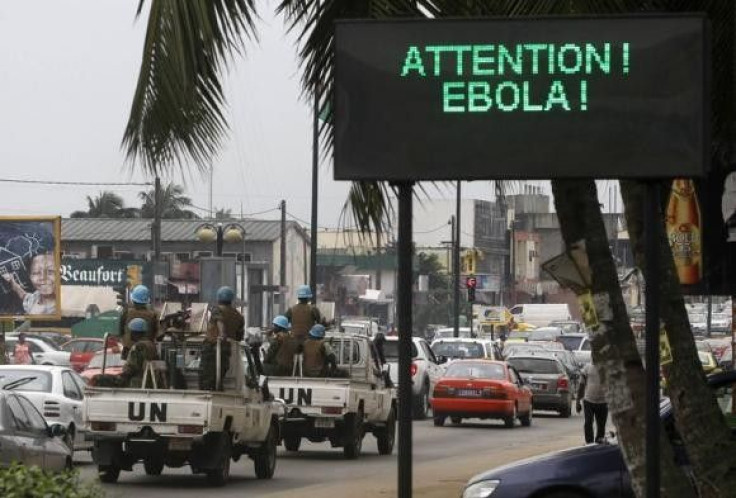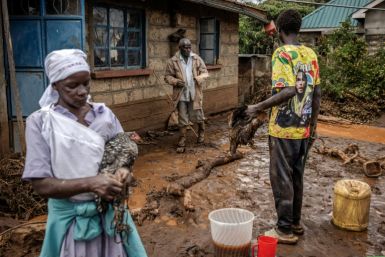Ebola Fatality Rate Was Said to be 71 Percent, Rigorous Measures Required To Curb The rapidly Spreading Disease, Stated By CDC
The Number of Cases is said to Rise to 1.4 Million By End of January 2015

Ebola virus has claimed several lives in West Africa. The biggest epidemic so far, with a 71 per cent fatality rate, Science Magazine reported. Scientists are trying to find a treatment for the highly contagious virus.
Sierra Leone Ministry of Health and Sanitation revealed that 268 patients were treated and released and 426 confirmed Ebola cases have died. According to the U.S. Centers for Disease Control and Prevention, the virus would infect more than 1.4 million people by the end of January 2015. The number of cases it stated would range between 550,000 and 1.4 million. According to the Aljazeera, the reason for such a large range is because the number of cases are under reported. This also means that several lives would be lost by the virus.
The CDC backed the statistics released by a group of scientists that indicated to a higher number of infected cases in the future. Epidemiologists with the Virginia Bioinformatics Institute, who modeled the Ebola spread as part of a National Institutes of Health-sponsored project, "Models of Infectious Disease Agent Study," were a part of the group of scientists. Within nine months, the outbreak was supposed to be controlled to 20,000 cases over all. Present statistics however, show that it could increase to 20,000 in just one month.
The scientists state that the numbers would reduce if efforts to treat the virus are made even more effective. Right now the public health efforts are not good enough. Bryan Lewis, a computational epidemiologist stated that if the disease continues spreading at the current rate, it would result in thousand more cases by the end of this year. Lewis works with the Network Dynamics and Simulation Science Laboratory at the Virginia Bioinformatics Institute.
David Heymann, an Ebola expert, told Reuters news agency that the African government should work towards finding new ways of spreading awareness and sending messages to the masses. The U.S. in an effort to curb the disease has sent 500 trained health care workers. The health care force was sent as the number of cases are said to rise to 20,000 by November, the World Health Organization (WHO) announced.
WHO's Director of Strategy Christopher Dye said that they can predict the near future with regard to the cases, but predicting the rise in a few months would be difficult. The CDC report also stated that in Nigeria, Ebola was controlled and if they could do it, other countries could too.






